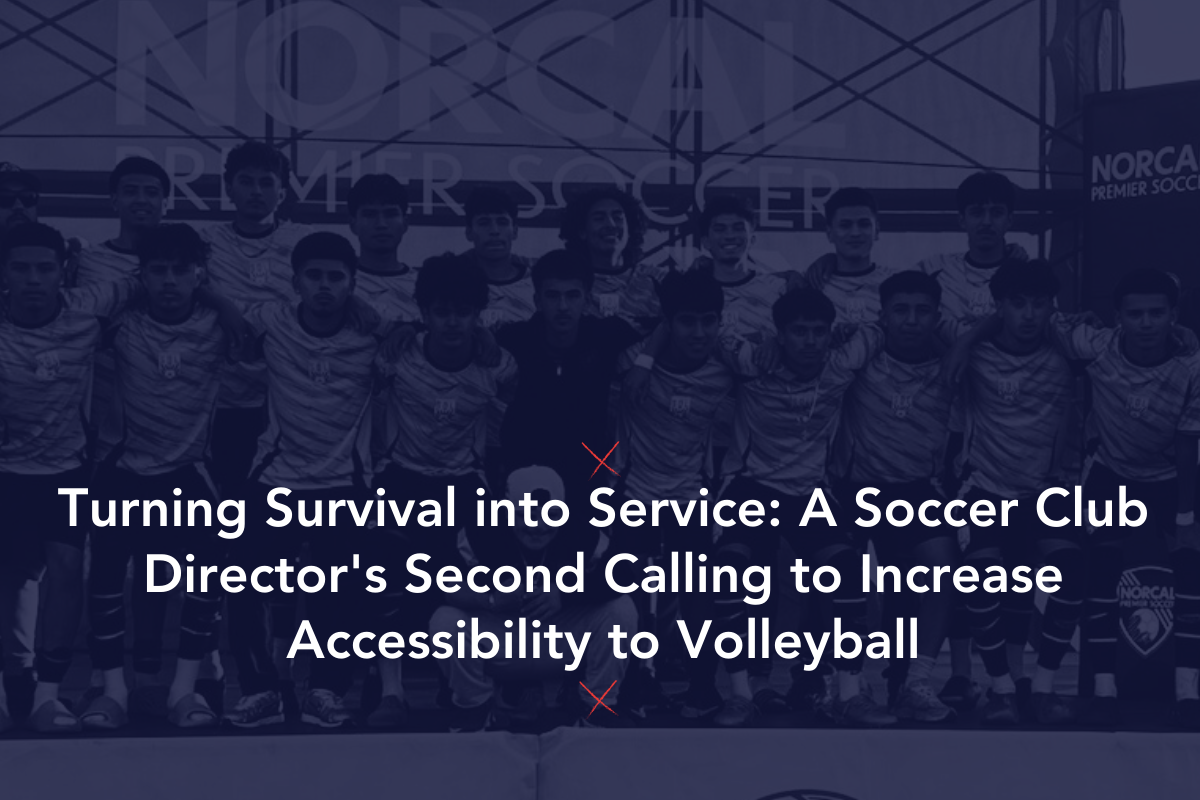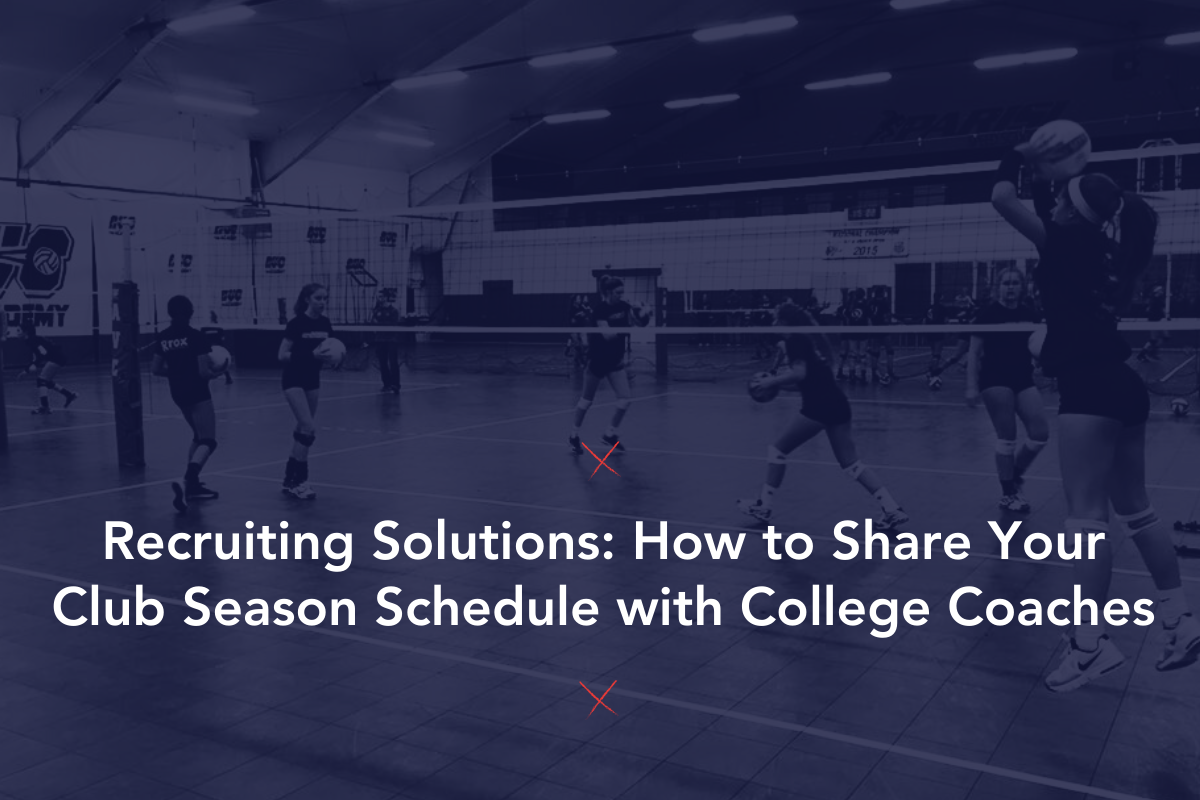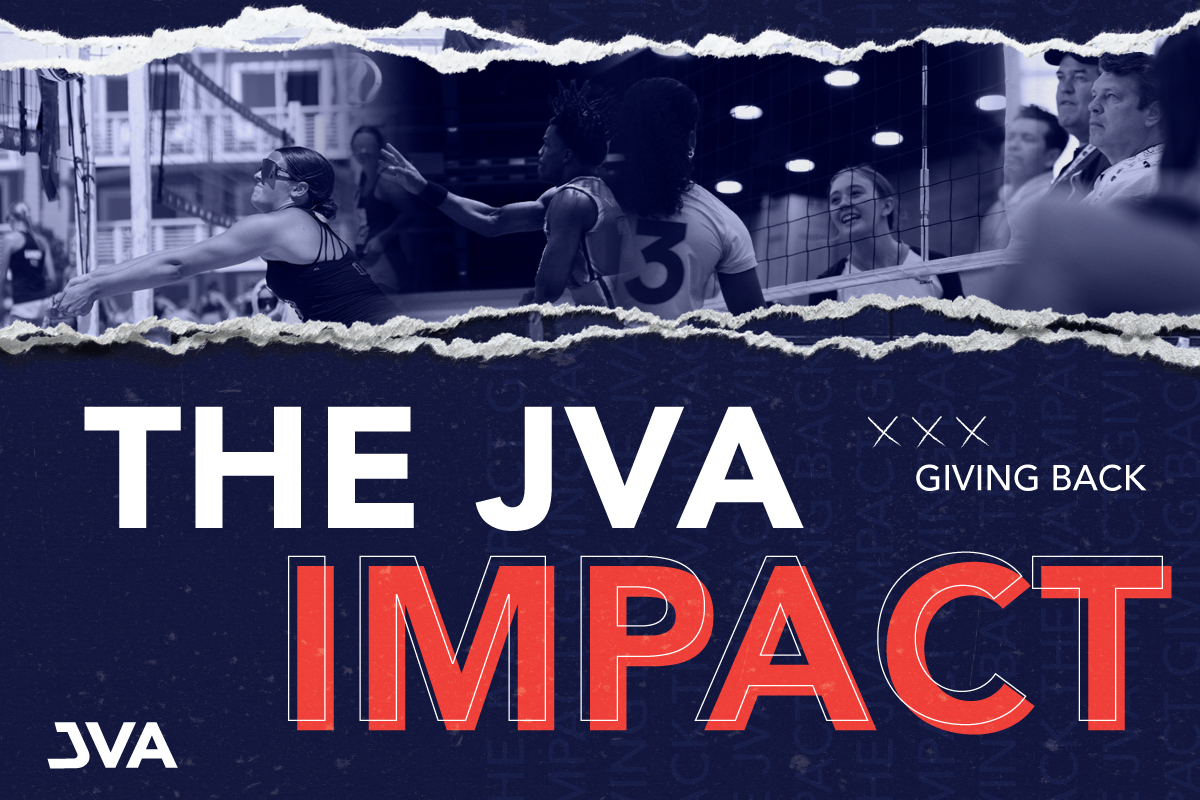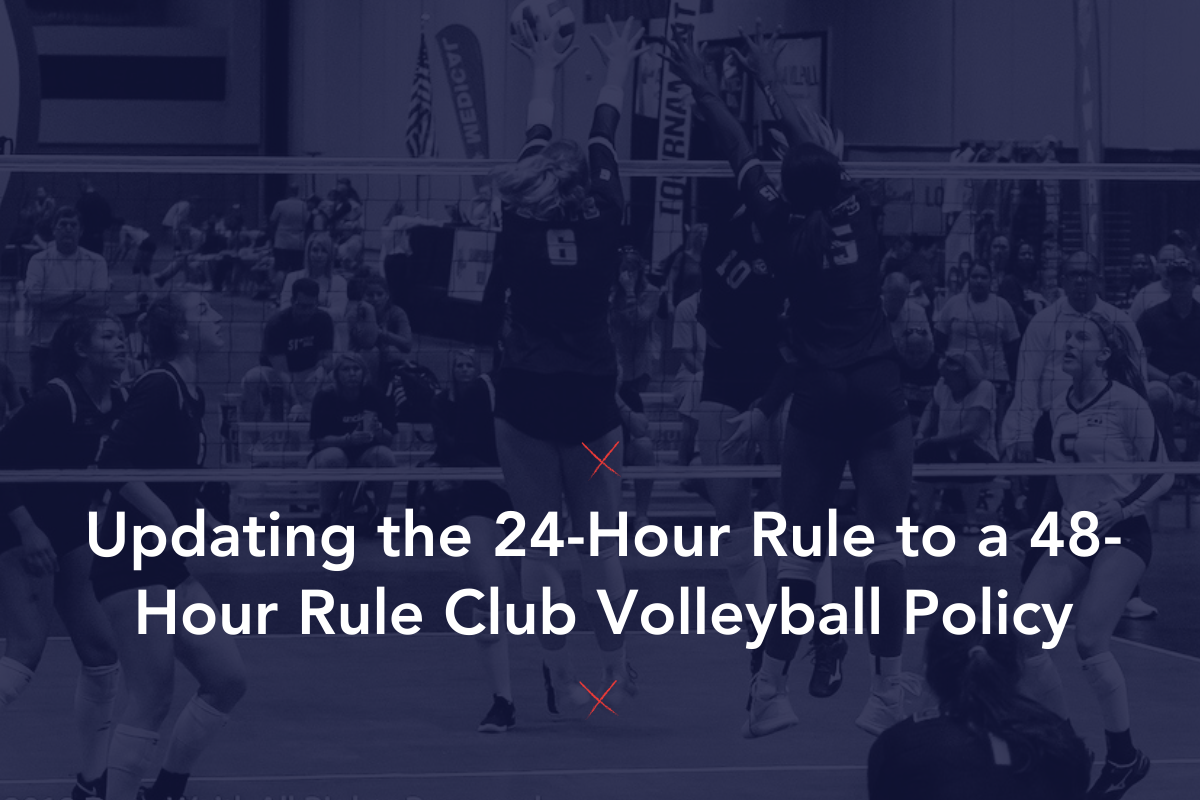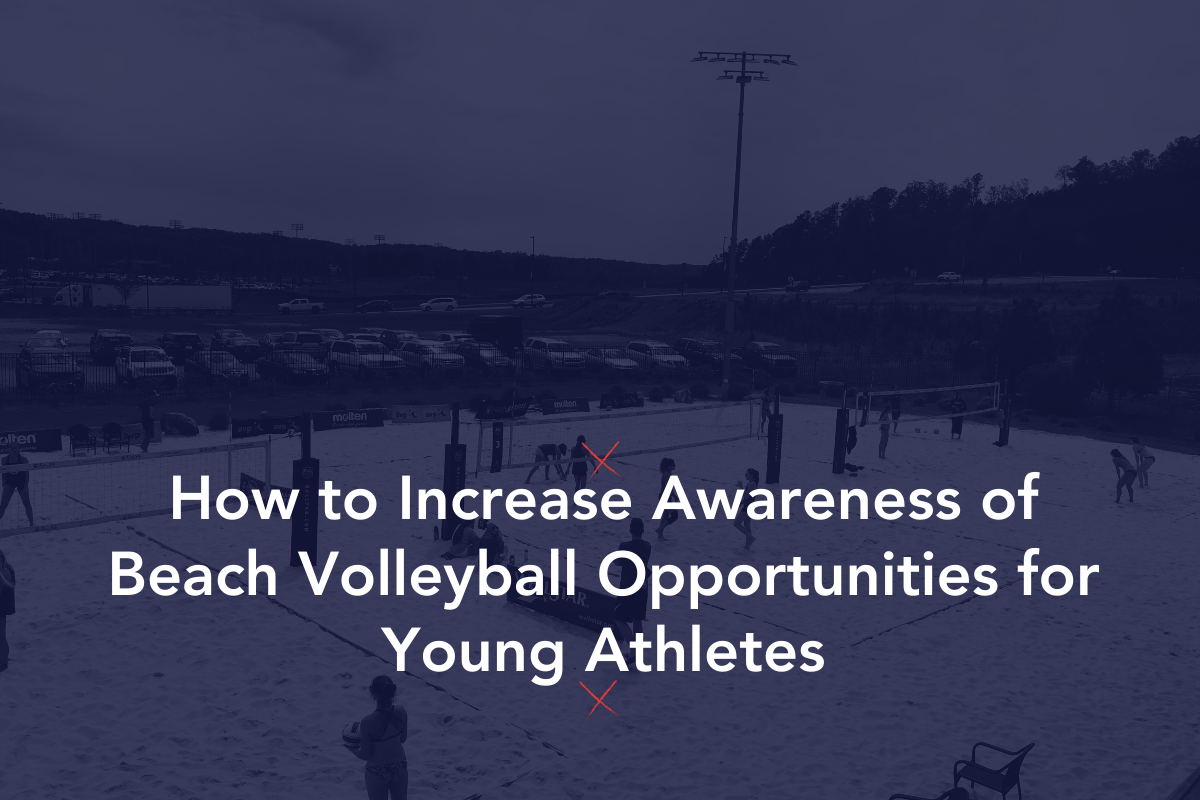Parents can set the precedent for the athlete’s mental toughness. How parents behave and communicate before an event, during an event and after an event is the precedent that is set. It’s important for a club director and coach to foster a learning environment for the parents so they can develop positive sports parenting habits. Here’s a good place to start.
Develop a Healthy Relationship with Winning and Losing
As parents, what is the precedent that we set after unsuccessful outcomes and poor results? Parents make the mistake of setting bad examples: focusing on the outcome, giving advice rather than asking questions, and being too hard on the athlete.
- Rather than give advice, ask questions. “Did you have fun today?” “What did you learn today?”
- Operate the same after good and bad outcomes. Give your athlete balance and consistency.
Focus on the Process Not the Problem
Focusing only on the problem and trying to figure it out for the athlete begins a vicious negative cycle. The athlete starts to search instead of practice. Their confidence, which is already fragile, now becomes an issue and once athletes lose confidence, it’s difficult to get it back.
- Focus on the process. Don’t try to come up with how to fix what went wrong, because then the young athlete looks for you to solve it for them. Encourage the athlete to continue to practice and work with the coaches, and it will improve. Talk to the athlete about setting a goal for the next competition.
- Build the athlete’s confidence. Reassure the athlete that he/she can improve, and to stay the course. It is easier to crush an athlete’s confidence than to build it up.
Allow Failure
Parents tend to be the hardest on their own child because the expectations are highest. Also, parents want to solve the problem and make everything better if it’s not going well. Parent don’t want to see their children fail. However, by not allowing your athlete to fail you are preventing him/her from developing mental toughness.
- Avoid the blame game. Don’t blame the refs or find a way to deem the circumstances to be “unfair”. It can create a feeling of entitlement because you “deserved it.”
- Encourage the athlete to learn from the loss, so when the next opportunity comes the athlete can be more prepared.
- Failure is inevitable, no matter how much preparation there is. It’s important to help the athlete be equipped to respond to failure.
The JVA features a Mental Toughness series for Athletes, Parents and Coaches to foster a learning environment to develop positive sports habits and improve the mental game. Always Play On powered by the JVA is in the JVA Dig It App that includes several mental training video from Dr. Rob Bell.
Clubs are encouraged to sign up for, Always Play On, a video series for parents, coaches, and athletes. It’s designed to improve the relationship between athlete and parent, improve communication between parents and coaches, and help athletes cope with adversity. By incorporating this program into your club, you can foster a positive learning environment to create better sports parents.





